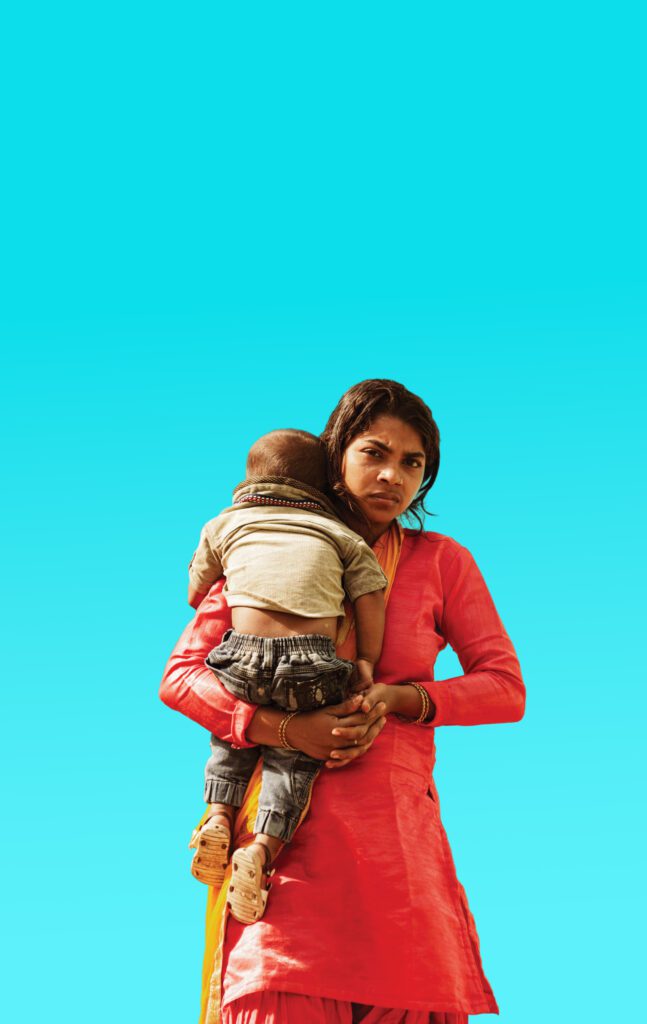
The approach of our annual Taste of the Nation event in Washington DC on Monday, April 4 seems like a particularly relevant time to look in on Peter Hotez, who in a just published editorial writes powerfully about the healthy disparities between rich and poor in our society, and especially right here in our hometown of Washington: “Washington, D.C., rivals Louisiana, Mississippi, and Alabama as among the worst in terms of life expectancy and health index [2]; with respect to poverty indices, a recent report entitled “DC’s Two Economies” revealed that in terms of employment status, income, and poverty levels, Washington, D.C., currently exhibits some of the greatest disparities between whites and blacks of any city in the US”
As Share Our Strength’s national footprint continues to rapidly expand with the support of governors, corporate partners and celebrities, it never hurts to have a reminder of just how much our efforts are needed right here, on behalf of our own neighbors, just a few minutes away and in some cases living in hardship as great as anything our nation knows.
Hotez is a George Washington University professor and researcher who has devoted much of his career to developing a vaccine for hookworm and was featured prominently in THE IMAGINATIONS OF UNREASONABLE MEN. (http://www.amazon.com/Imaginations-Unreasonable-Men-Inspiration-Purpose/dp/1586487647/ref=sr_1_1?ie=UTF8&s=books&qid=1292267953&sr=8-1)
The editorial was published in the Public Library of Science Journal NEGLECTED TROPICAL DISEASES, and focused on what Hotez calls “neglected infections of poverty”. He explains that “In previous papers I have noted high rates of parasitic and related neglected infections among the poorest Americans living in distressed areas, but especially in inner cities, the American South, the border with Mexico, and Appalachia [3]–[5]. Indeed, the rates of some of these neglected infections of poverty among African Americans are comparable to the rates found in Nigeria”
About Washington DC specifically, he writes: “Although the District of Columbia does not have statehood, as a unique federal district it is often treated as an autonomous region and compared in rankings with the 50 US states. Today, Washington, D.C., rivals Louisiana, Mississippi, and Alabama as among the worst in terms of life expectancy and health index [2]; with respect to poverty indices, a recent report entitled “DC’s Two Economies” revealed that in terms of employment status, income, and poverty levels, Washington, D.C., currently exhibits some of the greatest disparities between whites and blacks of any city in the US [29]. An astonishing 6.5% of African American males in the District of Columbia are also HIV positive [30] (Table 1). Data for neglected infections of poverty in Washington, D.C., are practically non-existent, although some information from neighboring Baltimore indicates that trichomoniasis is extremely common [31]. Thus, we urgently need a program for active surveillance for the most common neglected infections of poverty in the District of Columbia.”
The entire editorial can be found at http://www.plosntds.org/article/info%3Adoi%2F10.1371%2Fjournal.pntd.0000843


